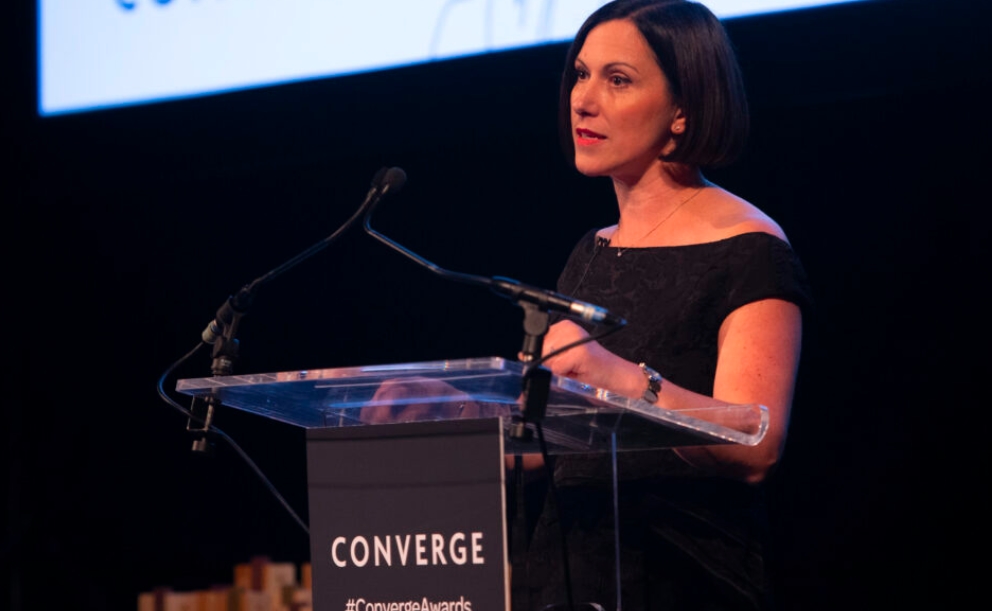Seagrass meadows are vital for the health of the ocean and the planet. They can capture carbon dioxide 35 times faster than rainforests, support marine biodiversity, and protect coastlines from erosion. However, they are also under threat from human activities, such as pollution, dredging, and anchoring. Over 90% of Britain’s seagrass has disappeared in the last century, jeopardising the nation’s net-zero targets.
A team of engineers from the University of Edinburgh has come up with a solution: a robot that can plant seagrass seeds on the seabed more efficiently and affordably than current methods. The robot, named Robocean, is the winner of the 2022 Net Zero Challenge at Converge, an initiative that supports university entrepreneurs. Robocean has also secured a £100,000 grant from Scottish Enterprise to develop its technology and prototype.
How Robocean works
Robocean is a subsea robot that can autonomously navigate the ocean floor and plant seagrass seeds in optimal locations. The robot uses a combination of sensors, cameras, and artificial intelligence to map the terrain, avoid obstacles, and identify suitable planting sites. The robot can also monitor the growth and health of the seagrass over time, providing valuable data for conservation efforts.
The robot can plant seagrass seeds 30 times faster and at a fraction of the cost of current methods, which rely on manual labour and diving teams. Robocean can also access deeper and more remote areas that are otherwise difficult or dangerous to reach. The robot can plant up to 10,000 seeds per day, covering an area of 100 square metres.

The vision behind Robocean
Robocean was founded by Niall McGrath and Joe Ralphs, two engineering graduates from the University of Edinburgh. They were inspired by the work of Project Seagrass, a charity that aims to restore seagrass meadows around the UK. McGrath and Ralphs realised that the existing planting methods were too slow and expensive to scale up, and decided to apply their engineering skills to create a better solution.
The founders are passionate about addressing climate change and marine conservation through engineering and innovation. They believe that seagrass restoration is a critical element in the fight against global warming and biodiversity loss. They also hope that their robot can inspire other entrepreneurs and engineers to tackle environmental challenges with technology.
McGrath, who is the co-founder and CEO of Robocean, said: “The training and support we received from Converge – coupled with the grant we’ve now received from Scottish Enterprise – will allow us to develop our technology and prototype key innovative systems. Launching a business like Robocean isn’t the end-game – instead, it’s a way to make a difference to the world and we’re actively looking for partners and investors to join us on our journey.”
The future of Robocean
Robocean aims to develop a minimum viable product for commercial markets over the next 18 months. The team plans to test and refine their robot in collaboration with Project Seagrass and other stakeholders. They also hope to expand their operations to other countries and regions where seagrass restoration is needed.
Robocean is one of the examples of how university entrepreneurs can create positive social and environmental impact with their ideas. The Converge initiative, which offers funding and support to university entrepreneurs, has opened applications for its 2024 programme. Over £280,000 is available across four challenge categories, including Net Zero, where Robocean found success.
Dr Claudia Cavalluzzo, executive director of Converge, highlighted the initiative’s commitment to supporting purpose-driven innovators and fostering inclusive innovation. She emphasised the collaborative approach with universities, research institutes, investors, and corporate partners to empower the next generation of founders.
Cavalluzzo said: “We take a collaborative, ecosystem approach – working closely with universities, research institutes, investors, corporate partners and other organisations to help these brave individuals turn their dreams into reality.”


















